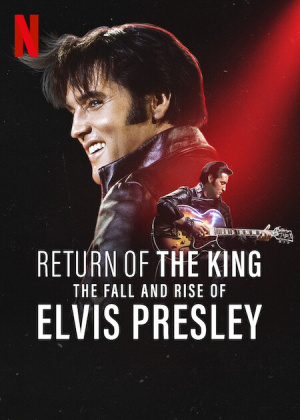Return of the King: The Fall and Rise of Elvis Presley
Elvis Presley, once crowned the “King of Rock and Roll,” experienced one of the most dramatic arcs in music history—a meteoric rise, a troubled fall, and a powerful, if brief, resurgence. In the 1950s, Elvis revolutionized music with his electrifying blend of rock, blues, and gospel. With his swiveling hips and smoldering charisma, he became a cultural icon almost overnight. By the early 1960s, however, his career began to stall. Hollywood films diluted his musical legacy, and the British Invasion, led by the Beatles, overshadowed his influence.
The fall wasn’t just professional—it was personal. Elvis struggled with a growing dependency on prescription drugs, a grueling schedule, and the isolation of superstardom. But in 1968, after years of decline, he mounted a legendary comeback. The ’68 Comeback Special, a raw, passionate televised performance, reestablished him as a musical force. Dressed in black leather and stripped of the Hollywood gloss, he reminded the world why he mattered.
In the 1970s, Elvis reinvented himself as a Las Vegas headliner. Though his health continued to deteriorate and his personal demons persisted, he still drew massive crowds. Songs like “Suspicious Minds” and “Burning Love” showed he hadn’t lost his voice or his ability to connect with fans.
Elvis Presley died in 1977 at just 42 years old, but by then, he had already cemented his place in history. His return in the late ’60s and early ’70s wasn’t just a comeback—it was a rebirth. He transcended mere celebrity to become a symbol of enduring talent and tragic complexity. Even decades after his death, the King lives on, not just in his music, but in the way he forever changed the cultural landscape. His fall was painful, but his rise remains legendary.










